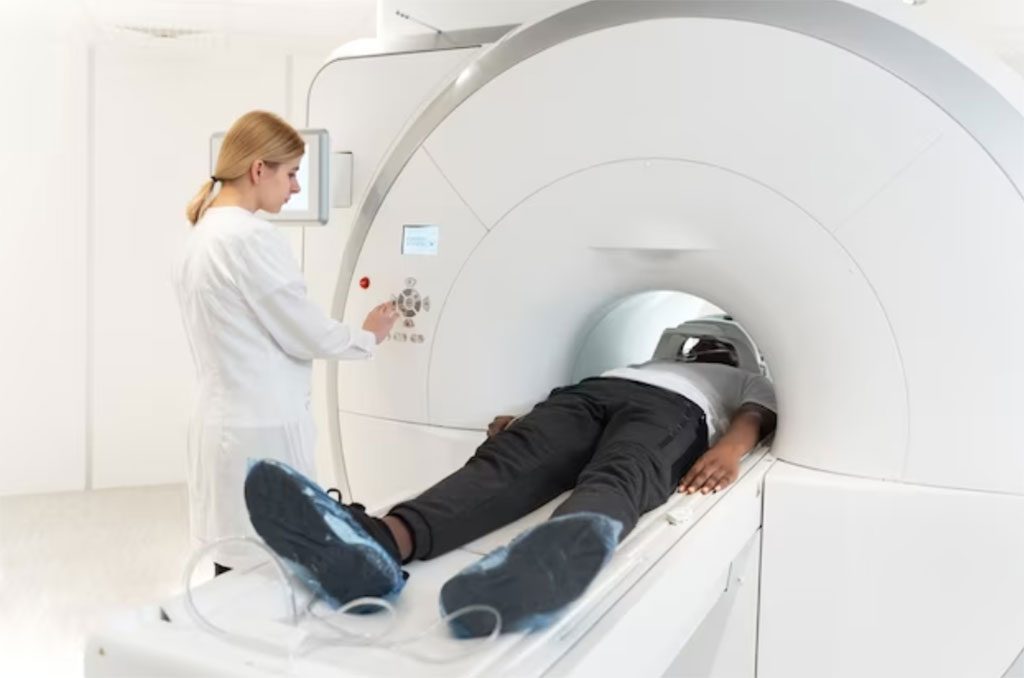Deep Learning-Based Reconstruction Algorithm Halves Lumbar MRI Scan Times
Posted on 06 Jul 2023
Low back pain, with its myriad of common and potential causes, can often be identified through magnetic resonance imaging (MRI), a diagnostic imaging modality increasingly utilized in modern medicine. MRI offers superior soft tissue resolution and does not expose patients to ionizing radiation. However, it is impaired by lengthy acquisition times and the need for parameter adjustments to enhance image quality, which can further extend scan times. Over recent years, artificial intelligence (AI), specifically deep learning (DL), has made significant strides in various imaging areas, including image classification, segmentation, denoising, super-resolution, and image synthesis/transformation. Nevertheless, the impact of AI algorithms on routine whole MRI lumbar spine protocol acquisition has yet to be explored.
In a new study, researchers at Sant'Andrea University Hospital (Rome, Italy) compared quantitative and subjective image quality, scanning time, and diagnostic confidence between a novel deep learning-based reconstruction (DLR) algorithm and the standard MRI protocol for the lumbar spine. By using the DLR algorithm, researchers were able to cut the duration of lumbar MRI exams by half. Furthermore, these improved scan times did not compromise image quality but rather enhanced the signal-to-noise ratio. For this study, GE Healthcare's FDA-approved AIR Recon DL algorithm was applied to the exams of 80 healthy volunteers who underwent a 1.5T MRI examination of the lumbar spine between September 2021 and May 2023. Both the DLR algorithm and standard protocols were utilized to complete sequences, which were later assessed by two radiologists who were unaware of the reconstruction techniques used.

The DLR algorithm yielded a notable reduction in protocol scanning time, reducing it from almost 13 minutes to just over 6 minutes. The blinded radiologists reported that the reconstruction algorithm provided a higher SNR across all sequences and superior CNR for axial and sagittal T2-weighted fast spin echo images. Both readers rated the overall image quality for all sequences as superior with the DLR, leading the research team to suggest that the DLR protocol can be safely integrated into clinical practice. The team also noted additional benefits of shortening lumbar MRI protocols, including cost-effectiveness and enhanced patient compliance, especially for those who are claustrophobic or experiencing severe physical pain.
Related Links:
Sant'Andrea University Hospital













